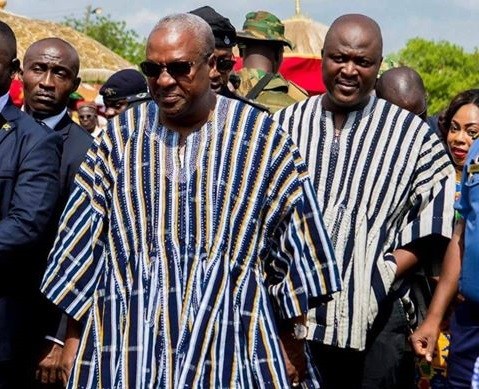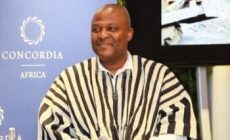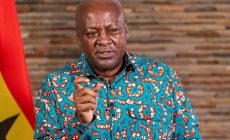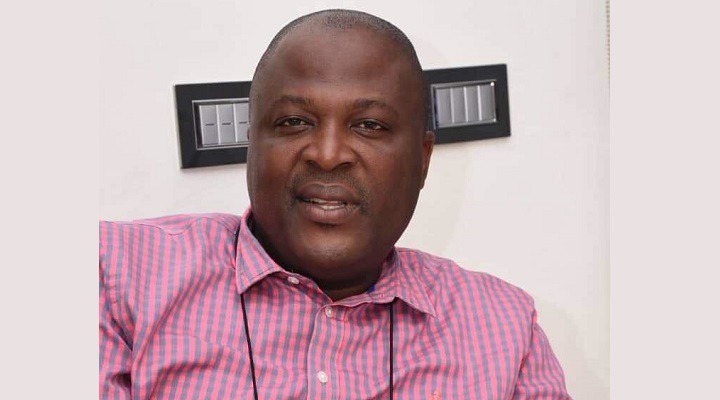I regret my brother became President – Ibrahim Mahama
- Posted on
- Comment
 Ghanaian businessman Ibrahim Mahama has revealed his business empire experienced problems when his brother John Mahama became Ghana’s president.
Ghanaian businessman Ibrahim Mahama has revealed his business empire experienced problems when his brother John Mahama became Ghana’s president.
He laughed off widely held beliefs that his companies made gains under the Mahama-led government, stating that he regretted it when his brother became the vice president in 2012 and subsequently the president.
Speaking at an entrepreneurial lecture organised by GRAGSAG in Accra Tuesday, Mr. Ibrahim Mahama said his brother sitting at the presidency created “a problem for me even in my business.
“Where even I thought they [Mahama’s government] will be nice to me, they were worse with me,” Mr. Ibrahim Mahama who is the Chief Executive of Engineers and Planners Company Limited stated bluntly.
The successes of his businesses, he revealed, were achieved under the presidency of John Kufuor, something he said a lot of the people within the New Patriotic Party know.
“I became successful much more in Kufuour’s time because I had nobody hanging round my neck,” Mr. Mahama said, and added, “I rather regret when my brother became vice president”.
According to him, his businesses have started peaking once more now that his brother is out of office, saying, “Today NPP is in power; I likely won’t get favours but I’m even doing better than I was doing when my brother was president.”
He grounded his claim on the employment of about 3000 Ghanaians recently to work for his various companies.
“Just about two weeks ago, I’ve employed at least about 3,000 Ghanaians to work for me. I pay more tax than any Ghanaian in this country yet those who don’t pay tax will insult me as if they contribute to this country,” Mr. Ibrahim Mahama claimed.
Speaking on the Role of Entrepreneurship in Reducing Graduate Unemployment and Achieving SDGs, Mr. Ibrahim said there are more entrepreneurship opportunities in now than at the time that he began his business empire.
He observed there were now a lot more funds that people could access to startup businesses, hence wondered why some graduates still wait upon the government for employment.
By Stephen Kwabena Effah










 (Selorm) |
(Selorm) |  (Nana Kwesi)
(Nana Kwesi)